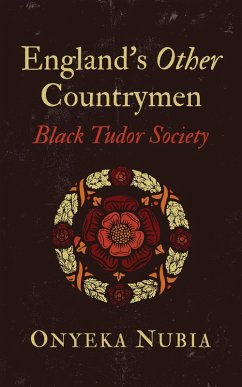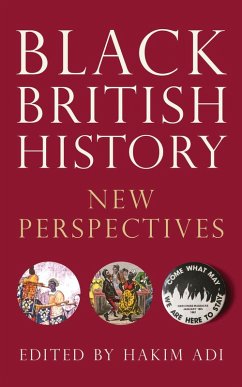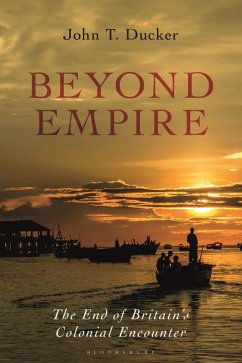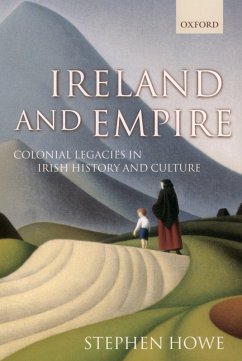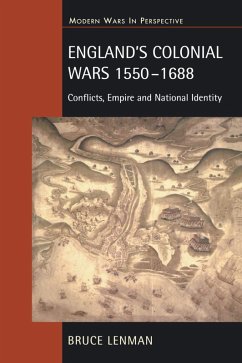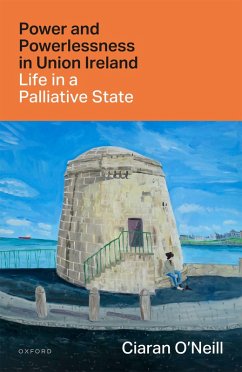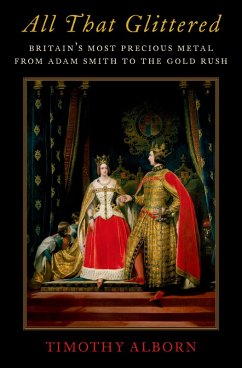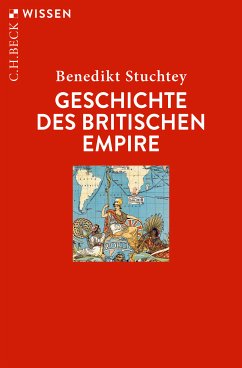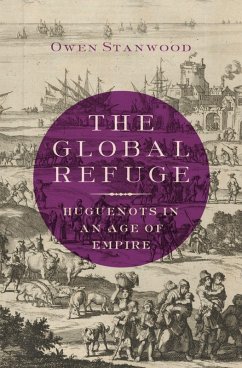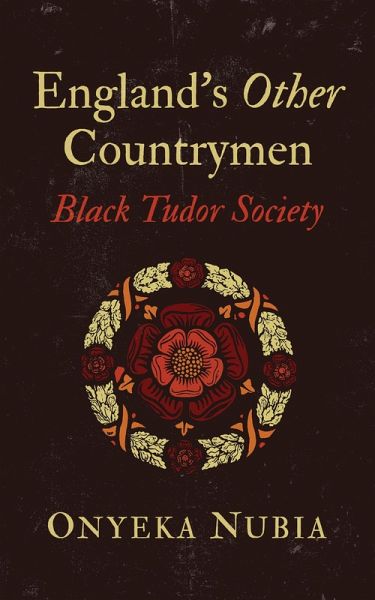
England's Other Countrymen (eBook, PDF)
Black Tudor Society

PAYBACK Punkte
9 °P sammeln!
The Tudor period remains a source of timeless fascination, with endless novels, TV programmes and films depicting the period in myriad ways. And yet our image of the Tudor era remains overwhelmingly white. This ground-breaking and provocative new book seeks to redress the balance: revealing not only how black presence in Tudor England was far greater than has previously been recognised, but that Tudor conceptions of race were far more complex than we have been led to believe. Onyeka Nubia's original research shows that Tudors from many walks of life regularly interacted with people of African ...
The Tudor period remains a source of timeless fascination, with endless novels, TV programmes and films depicting the period in myriad ways. And yet our image of the Tudor era remains overwhelmingly white. This ground-breaking and provocative new book seeks to redress the balance: revealing not only how black presence in Tudor England was far greater than has previously been recognised, but that Tudor conceptions of race were far more complex than we have been led to believe. Onyeka Nubia's original research shows that Tudors from many walks of life regularly interacted with people of African descent, both at home and abroad, revealing a genuine pragmatism towards race and acceptance of difference. Nubia also rejects the influence of the 'Curse of Ham' myth on Tudor thinking, persuasively arguing that many of the ideas associated with modern racism are in fact relatively recent developments. England's Other Countrymen is a bravura and eloquent forgotten history of diversity and cultural exchange, and casts a new light on our own attitudes towards race.




